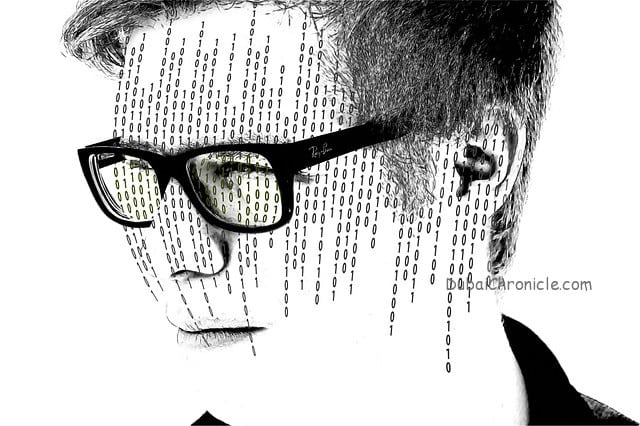
We now spend more time online each day than we do sleeping. But how does that affect our everyday lives? What effect does it have on how we communicate and interact, how we work and engage with the rest of the world?
A new project, titled Shaping the Future Implications of Digital Media, a partnership between Willis Towers Watson and the World Economic Forum, has some answers. But they’re not black and white.
There are as many positive implications and improvements to our everyday lives as there are potentially negative consequences. The key is to use them in ways that are beneficial. Seize the many opportunities digital media offers and avoid the risks that arise from overuse or maleficent use.
A survey of 5,000 digital media users across five countries paints a positive picture: half of the respondents agreed that their digital media use had improved their overall quality of life – both socially and professionally. Only one in seven respondents disagreed.

Best and worst aspects of digital media
The most positive effects of digital media were found in the work sphere.
Roughly two-thirds of survey respondents said that digital media use had improved their ability to learn and develop professionally. This included their ability to carry out their work, collaborate with colleagues and build relationships.
New digital technologies offer the opportunity to work across boundaries of location and time, opening up job opportunities for remotely located workers and ensuring access to the best talent, no matter where it is located around the globe.




































